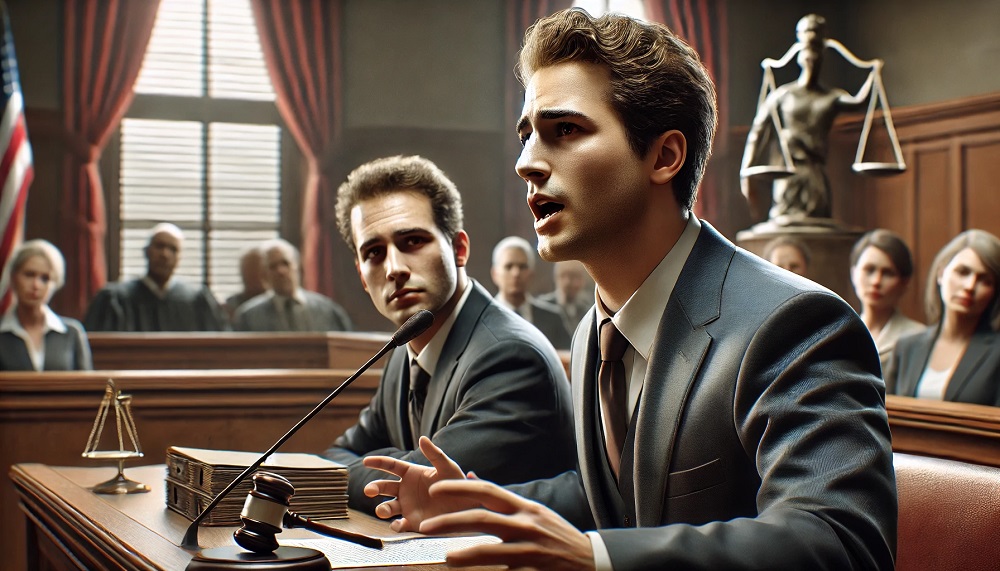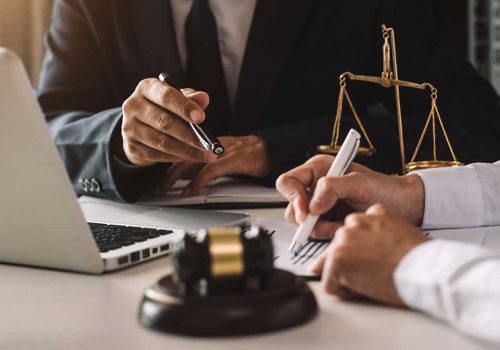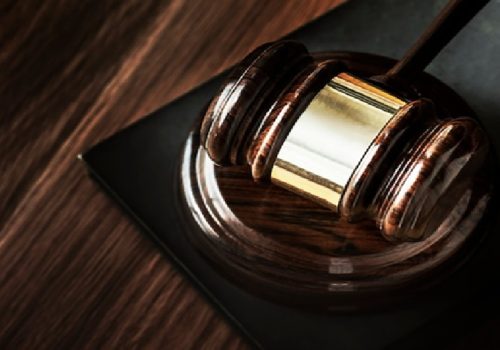How a Civil Rights Attorney Can Protect Your Freedoms
In today’s society, understanding and protecting civil rights is more crucial than ever. Civil rights attorneys play an essential role in defending the freedoms and liberties that every individual is entitled to. This comprehensive guide explores the various ways in which a civil rights attorney can protect your freedoms, ensuring justice and equality for all.
Understanding Civil Rights
Civil rights refer to the fundamental rights and freedoms guaranteed to every citizen, including freedom of speech, the right to privacy, equal protection under the law, and freedom from discrimination. These rights are enshrined in the U.S. Constitution and various federal and state laws. A civil rights attorney specializes in cases involving the infringement of these basic rights.
The Role of a Civil Rights Attorney
A civil rights attorney is a legal expert who advocates for individuals whose rights have been violated. Their primary role involves:
- Legal Representation: Providing legal representation in court for clients whose civil rights have been violated.
- Counselling and Advising: Offering legal advice and guidance on civil rights issues.
- Litigation: Filing lawsuits against entities or individuals who have violated civil rights.
- Negotiation: Negotiating settlements in cases of civil rights violations.
- Public Advocacy: Engaging in public advocacy to promote awareness and policy changes.
Protecting Against Discrimination
Discrimination can occur in various settings, including workplaces, schools, housing, and public spaces. A civil rights attorney can help combat discrimination based on race, gender, age, disability, sexual orientation, and other protected characteristics. They can file complaints with appropriate agencies, represent clients in discrimination lawsuits, and work to ensure that discriminatory practices are eradicated.
Workplace Discrimination
Workplace discrimination is a pervasive issue that affects many individuals. A civil rights attorney can assist victims of workplace discrimination by:
- Filing EEOC Complaints: Assisting in filing complaints with the Equal Employment Opportunity Commission (EEOC).
- Legal Action: Pursuing legal action against employers who engage in discriminatory practices.
- Negotiating Settlements: Negotiating settlements for compensation and policy changes within the workplace.
Educational Discrimination
Discrimination in educational institutions can hinder a student’s ability to learn and thrive. A civil rights attorney can:
- Advocate for Students: Represent students facing discrimination in schools or universities.
- Ensure Equal Access: Work to ensure equal access to educational opportunities for all students.
- Policy Reform: Advocate for policy reforms to prevent future discrimination.
Fighting Police Misconduct
Police misconduct, including excessive force, racial profiling, and wrongful arrests, is a critical area where civil rights attorneys can make a significant impact. They can:
- Investigate Claims: Investigate claims of police misconduct and gather evidence.
- File Lawsuits: File lawsuits against law enforcement agencies for violations of civil rights.
- Seek Justice: Seek justice and compensation for victims of police abuse.
Excessive Force and Brutality
Excessive force by law enforcement officers can lead to severe injuries or even death. Civil rights attorneys can:
- Gather Evidence: Collect evidence, including video footage and witness statements, to build a strong case.
- Legal Representation: Provide legal representation to victims of police brutality.
- Pursue Accountability: Hold law enforcement agencies accountable for their actions.
Racial Profiling
Racial profiling by law enforcement is a discriminatory practice that targets individuals based on their race or ethnicity. Civil rights attorneys can:
- Challenge Unlawful Practices: Challenge unlawful practices in court.
- Raise Public Awareness: Raise public awareness about the issue and advocate for policy changes.
- Support Victims: Support victims in seeking justice and compensation.
Defending Freedom of Speech
Freedom of speech is a cornerstone of democracy, allowing individuals to express their opinions and ideas without fear of government retaliation. Civil rights attorneys play a crucial role in defending this right by:
- Challenging Censorship: Challenging government censorship and restrictions on free speech.
- Protecting Protesters: Defending the rights of protesters and activists.
- Ensuring Media Freedom: Ensuring that the media can operate freely and without undue interference.
Advocating for Disability Rights
Individuals with disabilities often face barriers to equal participation in society. Civil rights attorneys advocate for disability rights by:
- Ensuring Accessibility: Ensuring that public and private spaces are accessible to individuals with disabilities.
- Challenging Discrimination: Challenging discriminatory practices in employment, education, and public services.
- Promoting Inclusion: Promoting inclusive policies and practices that support the rights of individuals with disabilities.
Addressing Housing Discrimination
Housing discrimination prevents individuals from obtaining safe and affordable housing based on race, colour, national origin, religion, sex, familial status, or disability. Civil rights attorneys can:
- File Fair Housing Complaints: File complaints under the Fair Housing Act.
- Litigate Housing Discrimination Cases: Litigate cases against landlords and real estate companies that engage in discriminatory practices.
- Advocate for Fair Housing Policies: Advocate for policies that promote fair housing opportunities.
Navigating Complex Legal Processes
Civil rights cases often involve complex legal processes and require a deep understanding of both state and federal laws. A civil rights attorney can navigate these complexities by:
- Expert Legal Knowledge: Applying their expert legal knowledge to build strong cases.
- Strategic Litigation: Strategically litigating cases to achieve the best possible outcomes.
- Comprehensive Legal Support: Providing comprehensive legal support from the initial consultation through to the resolution of the case.
The Importance of a Personal Injury Attorney in Civil Rights Cases
In some civil rights cases, individuals may also require the services of a personal injury attorney. This is particularly relevant in cases involving physical harm or emotional distress. A personal injury attorney can work alongside a civil rights attorney to:
- Assess Damages: Assess the damages suffered by the victim.
- File Injury Claims: File claims for personal injuries resulting from civil rights violations.
- Seek Compensation: Seek compensation for medical expenses, lost wages, and pain and suffering.
Car Accident Attorney and Civil Rights Violations
In cases where a car accident involves elements of civil rights violations, such as racial profiling or discrimination, a car accident attorney can collaborate with a civil rights attorney to ensure justice is served. They can:
- Investigate the Accident: Investigate the circumstances surrounding the accident.
- Address Discriminatory Practices: Address any discriminatory practices that may have contributed to the incident.
- Pursue Comprehensive Claims: Pursue comprehensive claims that cover both the accident and the civil rights violations.
Choosing the Right Civil Rights Attorney
Choosing the right civil rights attorney is crucial for ensuring that your rights are effectively protected. Here are some key considerations:
- Experience: Look for an attorney with extensive experience in civil rights cases.
- Reputation: Consider the attorney’s reputation and track record of success.
- Communication: Ensure that the attorney communicates clearly and keeps you informed throughout the process.
- Commitment: Choose an attorney who is committed to fighting for justice and protecting your rights.
Conclusion
Civil rights attorneys are indispensable in the fight for justice and equality. By understanding their role and the various ways they can protect their freedoms, individuals can better advocate for their rights and seek the justice they deserve. Whether it’s combating discrimination, addressing police misconduct, or defending freedom of speech, civil rights attorneys play a pivotal role in safeguarding the liberties that are the foundation of a just society.







